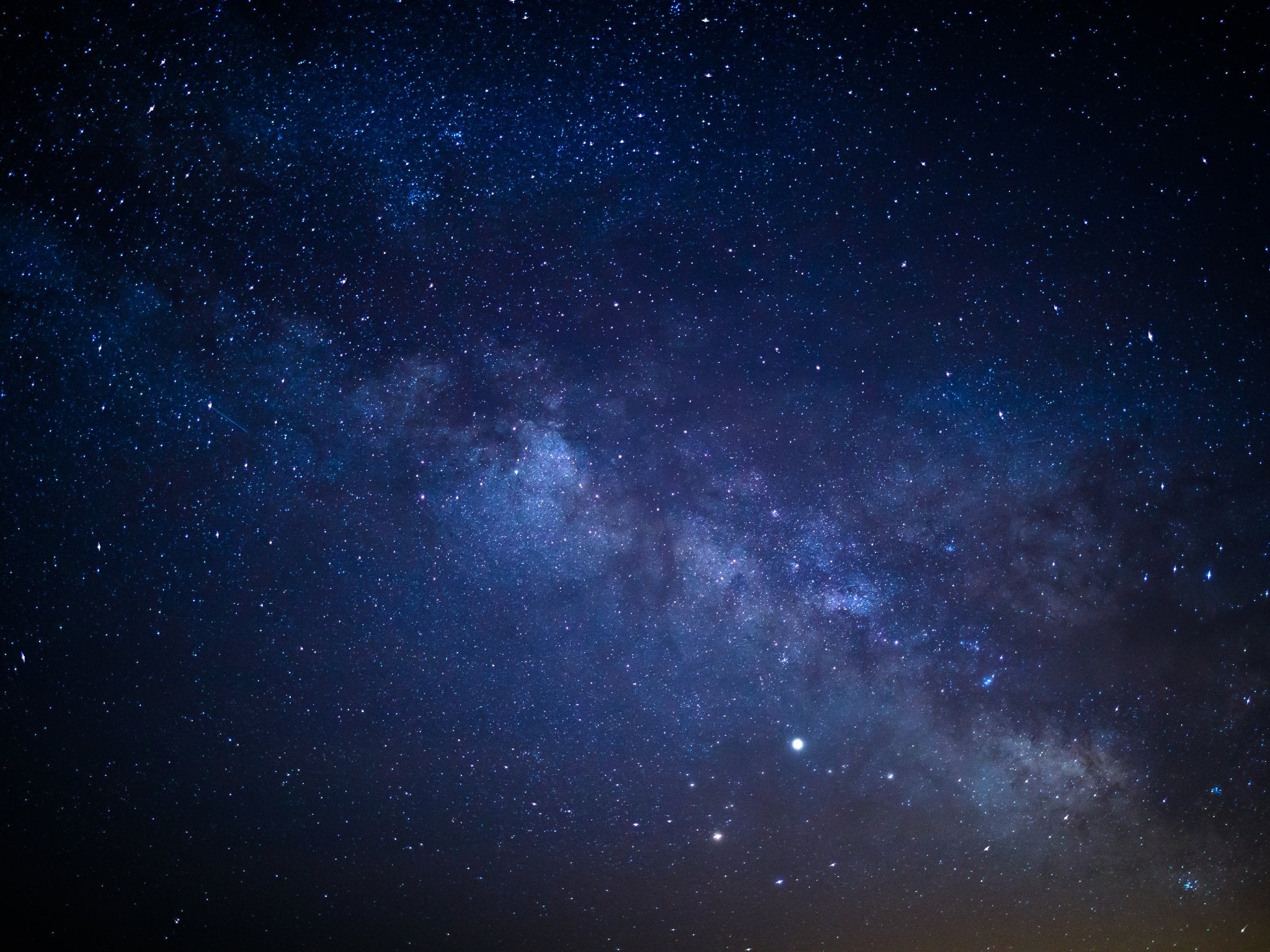Questioning our history makes us stronger, not weaker – I know this through personal experience
My loss of faith was a personal decision but confronting my own views and biases with the facts put in front of me changed me for the better, writes Katy Brand


When I was 13 years old I very suddenly and very fervently became a full-on evangelical Christian. This lasted until I was 19, when I lost my faith in Jesus, or at least the idea that Jesus Christ is the one Saviour of mankind and the only route to eternal life.
This is not a new confession – I wrote and performed a live stand-up tour in 2016-7 called I Was a Teenage Christian (I like straightforward titles) about this very subject, and then in 2019 I took part in a Pilgrimage: The Road to Rome for BBC2, met the Pope, and declared myself an Atheist (on camera I mean, not directly at The Pope – that would have seemed rude).
I am not here to denigrate people's faith – this was a personal choice. But the point is I changed my mind. I went from being a four-times-a-week Holy Roller to someone who sees no need to believe in anything more than the beauty of science and nature. And the great catalyst in becoming an Atheist was studying for a degree in theology. I arrived at university full of faith in Jesus, and by the end of the first year, I no longer attended church at all.
I had been warned by members of my congregation when I let it be known what I was intending to do. And the news was not especially well received – I had done RE A-Level and that was regarded with suspicion. I was already in trouble for refusing to sign the petition to ban Harry Potter (this was 1997, and they thought they stood a chance of censoring this strange new “occult book aimed at innocent children”. I think we all know how that panned out). But this plan to study theology was a new threat.
I received plenty of unsolicited advice: “If you want to study the Bible, you need to go to Bible College where they respect scripture, not tear it apart” and “You shouldn’t be wasting energy on questioning the word of God when there are souls that urgently need saving”. My personal favourite was from a tiny, smiling old lady who took my hand and gripped it hard. Her bright-blue eyes were alive as she said with great urgency: “Eighty per cent of Christians lose their faith studying theology at a secular university”. And then she crossed herself and walked away shaking her head with concern at her completely unverifiable statistic.
But she was right. I did lose my faith studying theology at a secular university. Because what I understood after a year on the course was that the truth, the history, the reality of the origins of faith, the early church, and how Christianity spread across the globe were all far more complex than the members of my old church were willing to admit.
I felt they didn’t want to know because they felt that complexity is the enemy of faith. When things get complicated, beliefs get shaky. If you believe in something simple and reassuring, there is immense comfort in that. The world can feel chaotic and frightening. The last thing you want is a load of messy reality and challenging facts marching in and burning it all down.
I was frightened for a little while after I stopped believing, I won’t lie. I wondered who I was. My whole life – literally everything down to the tiniest social engagement – was in that church. And it was gone. I had to figure out what I thought about a lot of things on my own now, or with people I had previously told were going to Hell. It was awkward.
But I’m glad I opened myself up to history, to new evidence, to different and marginalised voices (the real history of Mary Magdalene is a good case study of how women have been smeared and silenced by the church, for example). I think I’m better for it, and happier and stronger too. Because my faith (and I know this doesn’t apply to all believers, but it did to me) was not built on solid ground.
There is much debate at the moment about whether studying the wider reality of British history – the colonialism and facilitating of the slave trade in particular – will somehow damage and undermine it, or us as a culture and a people. That it might make us “weaker”.
But only weaker in as much as it will show that some of the assumptions, the beliefs we have relied upon, were not based on reality. But there is such freedom in letting go of narrow and restrictive views, and allowing ourselves to see what’s really there. Knowledge only makes you stronger. When I look up at the night sky now, to me the universe seems bigger, not smaller for the lack of a God. I can start to see what’s really there in front of me.
Katy Brand is a writer, actor and comedian
Join our commenting forum
Join thought-provoking conversations, follow other Independent readers and see their replies
Comments